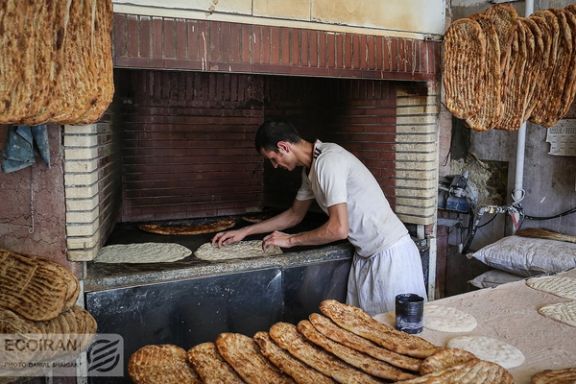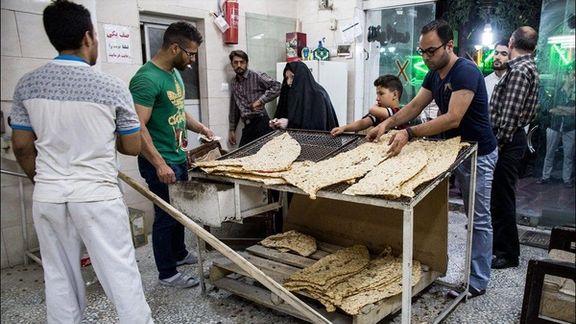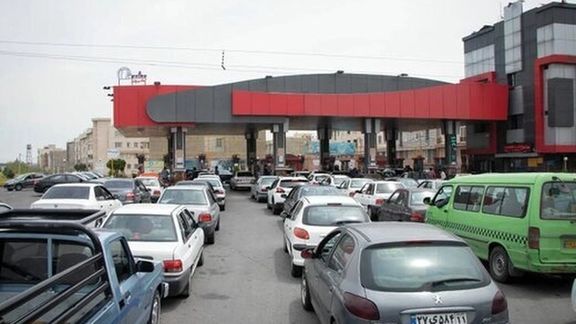Bread prices soar in Iran as working class falls below poverty line

Iran's government has admitted that the price of bread in Iran has increased by 40 to 66 percent, but more rises are predicted ahead amid the country's economic crisis.

Iran's government has admitted that the price of bread in Iran has increased by 40 to 66 percent, but more rises are predicted ahead amid the country's economic crisis.
The prices have been approved by the Ministry of Interior, according to Fatemeh Nazari, the head of the Tehran Traditional Bakers Union.
The price hikes have been seen across the board for Iranians, one in three now living below the poverty line, affecting the likes of school supplies and transportation. As children return to school after summer break, parents are already reeling from a 35 percent rise in stationery prices and a 45 percent increase in school bus fees.

While the minimum wage in Iran hovers around $120 per month, this is simply not enough to meet the rising costs of daily living, especially for families with children, most incomes being drained by rental costs.
Meanwhile, Iran’s leadership, disconnected from the realities faced by its citizens, continues to push for higher birth rates despite the fact that most cannot afford to sustain even their current number of dependents.
Iran’s leadership, disconnected from the realities faced by its citizens, continues to push for more children in families, despite the fact that most cannot afford to sustain even their current number of dependents.
Fuel price hike looms amid confusion and contradiction
Iranians may soon face a further rise in gasoline prices while the government is currently rationing fuel. There have been mixed messages from government officials, with some calling for an increase to bring domestic fuel prices in line with global standards, while others warn that such a move could spark unrest.

President Masoud Pezeshkian has criticized Iran’s low fuel prices, but officials like Abdolnasser Hemmati, Minister of Economy, have cautioned against the shock such a price hike would inflict on a society already on edge. Despite the warnings, Iran’s ruling elites, who remain insulated from the economic crisis engulfing the nation, seem to be inching closer to a decision that could push more people to the breaking point.
As rations remain in place, most gas stations across the country are refusing to sell gasoline to the public, stating that only those with remaining rations can fill their vehicles, while there is no gasoline available for those who have exhausted their 60-liter quota.
Economist Ahmad Alavi told Iran International that the government’s lack of a transparent economic policy only deepens the crisis.
"If the decisions related to increasing gasoline prices are implemented inefficiently or delayed due to execution issues, this could lead to greater contradictions within the government and public dissatisfaction," he said.